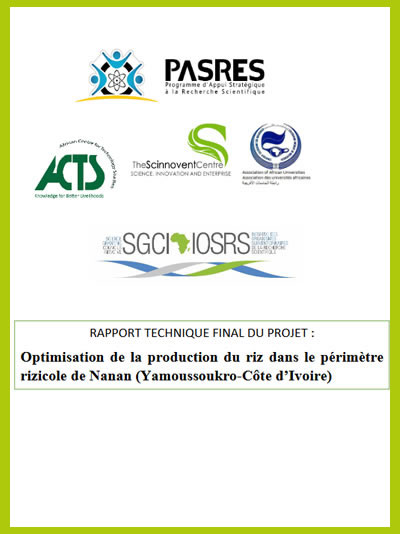Description
A discussion paper on Kenya's Science, Technology, and Innovation (STI) policy highlights the assumption that universities and public research institutes (PRIs) are central to generating knowledge and technologies for private sector commercialization. This cooperative technology paradigm envisions collaboration between government, universities, and the private sector. However, the paper reveals that the private sector outperforms universities and PRIs in filing and obtaining intellectual property (IP) grants across patents, utility models, and industrial designs, challenging the notion that universities and PRIs are the primary drivers of innovation. Despite this, the paper notes progress in universities and PRIs toward fostering innovation and entrepreneurship through improved governance, institutional IP policies, technology transfer offices, and infrastructure like incubation centers and science parks. It recommends harmonizing policies to balance open access with commercialization, introducing competitive ranking and performance-based funding to stimulate innovation, and enhancing entrepreneurial partnerships between universities and local businesses.






Reviews
There are no reviews yet.